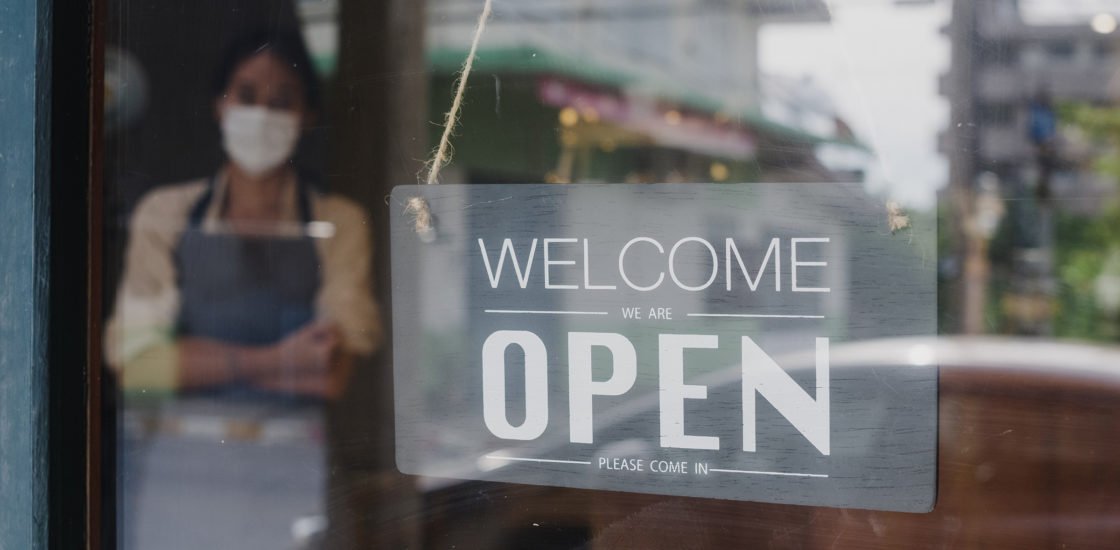FREE CONSULTATIONS:
415.925.5161

Marin County Home Consignment Center Worker Wins $1.3 Million in COVID-19 Whistleblower Lawsuit
People often think of whistleblowing in relation to exposing a major scandal or government wrongdoing. However, being a whistleblower does not always have to be so dramatic in the context of workplace issues.
A whistleblower is a worker who reports workplace activities that they believe are illegal. Whistleblowing can occur in a variety of ways. An employee may speak up about unpaid wages, a supervisor’s misconduct, discrimination based on protected characteristics under California law, unsafe working conditions, or an employer’s labor law violations.
State law protects whistleblowers from retaliation when they report alleged unlawful acts committed by their employer. When an employer retaliates against a worker through wrongful termination or other negative actions, the worker can sue for retaliation. If the lawsuit is successful, the employee may recover compensation for emotional distress as well as punitive damages in certain cases.
A recent lawsuit centered on an employee who was concerned about his employer’s violations of COVID-19 regulations during the onset of the pandemic in early 2020. He suffered wrongful termination in retaliation for speaking up about what he believed was a threat to the safety of coworkers and customers.
A Marin County jury awarded nearly $1.3 million to a former salesperson at the Home Consignment Center in San Rafael, California. He received $250,000 for emotional distress and $1 million in punitive damages. The whistleblower lawsuit was filed in August 2021.
James Caldwell, 59, claimed he was wrongfully terminated in 2020 after speaking up about his employer’s alleged violations of COVID-19 safety regulations. He was also not paid for all the time he worked. “I lost my job for doing what was right,” said Caldwell, who was employed at the Home Consignment Center for 11 years.
Home Consignment Center is a furniture and jewelry consignment store with headquarters in Danville and locations across California. The business temporarily closed its stores and laid off many of its workers in March 2020 due to COVID-19 pandemic restrictions.
In May of that year, the company sent an email to Caldwell and his colleagues outlining the store’s plans for reopening and rehiring workers. Those who were interested in returning to work were told to contact the personnel department, which Caldwell proceeded to do.
Caldwell offered to help at the San Rafael store a few days before its official reopening date in early June. During his around two and a half hours in the showroom, he arranged merchandise displays and removed furniture coverings. According to the lawsuit, that was when he heard the store manager remark that the store might get closed.
Caldwell began questioning whether the store was following Marin County’s rules for reopening. Upon checking the county health department’s website, he found that businesses such as Home Consignment Center were only allowed to operate curbside.
Caldwell became worried that his employer was violating the law by operating outside the county’s pandemic safety regulations. The lawsuit said that he was concerned about the Home Consignment Center asking employees to come back to work in an open showroom. Staff would come into close contact with customers without a plan in place to protect them from COVID-19 infections.
When Caldwell brought up his concerns to the store manager, they were dismissed. He was told that there would only be written communication between them going forward.
The next day, Caldwell sent a detailed email to the Home Consignment Center’s human resources department outlining his concerns. A few days later, he got a response from one of the store owners. According to the lawsuit, the email said, “At the moment, we do not have a good position for you. We will notify you when and if that changes.”
After that, Caldwell continued to contact his employer, expressing his interest in returning to work. However, Home Consignment Center did not offer to rehire Caldwell even though there were open sales positions available.
During the onset of the pandemic, Marin County passed an ordinance that set out penalties for public health order violations. Additionally, the county established a system for residents to report businesses suspected of violating pandemic-related health orders. Caldwell said he did not know about the reporting system at the time.
One key aspect of whistleblower laws is that a worker should have a reasonable, good-faith belief that what they are reporting is, in fact, unlawful. Even if a subsequent investigation fails to find any evidence of an employer’s alleged illegal activities, whistleblowers are still shielded from retaliation if their complaint was made in good faith. When examining the Home Consignment Center case, it is possible to see that Caldwell expressed valid concerns about his employer’s potential COVID-19 health and safety violations.
If you suspect your employer has retaliated against you for your whistleblowing activities, you need an experienced employment lawyer in your corner. Contact McCormack Law Firm to discuss your situation with a skilled San Francisco employment attorney. We will help you understand your rights and options for resolving your case.
Read more
Understanding California’s New Cannabis Testing Laws: What Employees Need to Know
Changes in employment laws can significantly impact both employees and employers. Staying informed about new legislation is crucial for protecting workers’ rights. Let us take a closer look at recent changes in…
SF State Employee Faces Retaliation for Speaking Up About Ignored Misconduct Complaints
Imagine this: you are hired to address a backlog of discrimination and harassment complaints at a university. You take your job seriously, launch investigations and strive to create a safe space for…
San Francisco Tech Startup Under Fire for Sexual Harassment and Gender Discrimination
The company culture at tech startups can commonly be characterized by a combination of informality, flexibility and innovation, along with a strong emphasis on collaboration. Startups tend to have less formal hierarchies…
Employee Sues San Francisco Hedge Fund for Misogynistic Workplace Culture
Intense and competitive work environments are often hallmarks of hedge funds. There may also be a lack of formal hierarchy with fewer checks and balances to prevent workplace misconduct. Without proper oversight,…
SEEN ON









